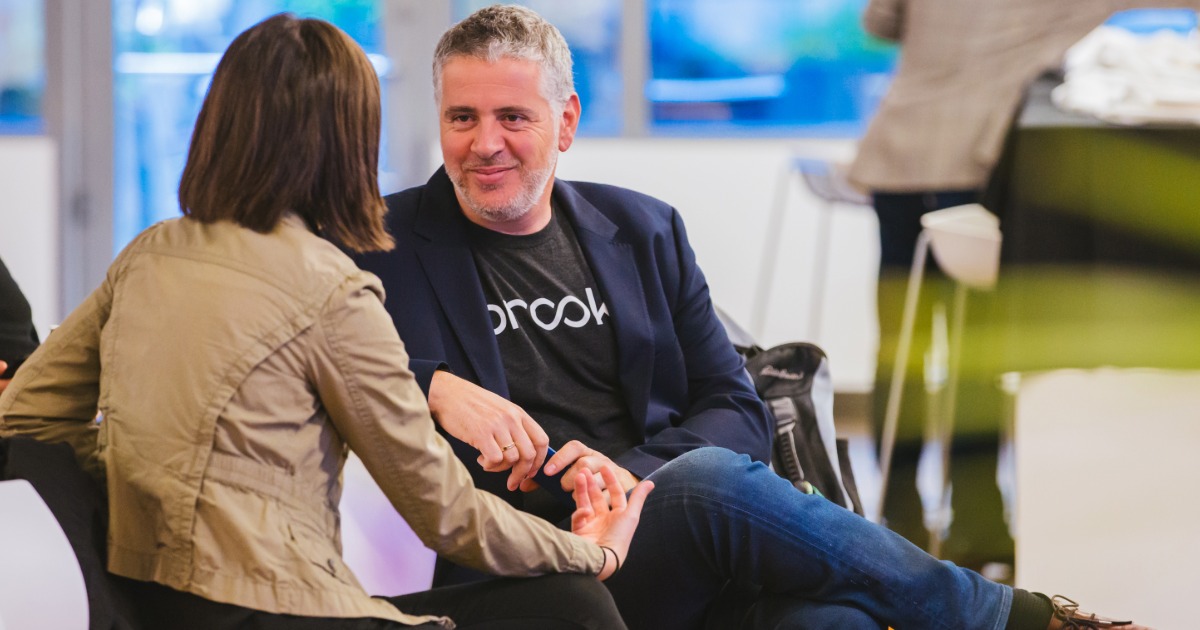MedicalDirector CEO Matthew Bardsley recently shared his top digital healthcare predictions for medical professionals, going into 2019.
From a practitioner’s point of view, here are my insights into the digital healthcare trends that will impact the patient experience – in particular, integrations between the patient’s wellness and health, and the digital devices in their lives.
Virtual care and the future of health
Virtual care and its counterpart, telehealth, will see the delivery of health-related services and information in a space removed from the four walls of a consulting room in 2019. Tapping into technology, virtual care is set to become a core component of a more patient-centric care system, which puts personalised needs above the restrictions imposed by the typical doctor-patient interaction.
Forrester recently named virtual care as a crucial part of patient acquisition and retention, as it is poised to disrupt outpatient visit and chronic disease management.
For digitally-savvy patients, virtual care offers healthcare options that are easily accessible, which will greatly assist in getting individuals to participate more actively in their own health and wellness, and could even improve the doctor-patient relationship and help provide continuity of care.
A key example of virtual care in practice will be its role in providing adequate care for rural and remote patients, who are often unable to partake in a face-to-face consultation, particularly with specialists.
Internet of Medical Things and wellness wearables
The Internet of Things (IoT) has already infiltrated our daily lives, with IoT adoption in the Australian consumer market growing 55 per cent in 2018, according to Telsyte, with an average of 17.1 connected devices in each Australian home.
In the medical sphere, patients now enjoy a large variety of medical and wellbeing applications and wearable devices to monitor their own health parameters, and work more collaboratively with their GPs to understand the cause of unusual signs and symptoms.
These data sets also provide health professionals with an extra level of information, from monitoring behaviour in the home and identifying abnormalities, and have the potential to contribute to more accurate diagnoses and better health outcomes.
In the wellness wearables sphere, inherently connected to the IoT, are smartwatches and smartphones, and their health-related features and apps. People are now able to monitor just about everything, from health, diet, fitness, fertility, heart rate and medication schedules.
The impact of this on enhancing patient outcomes is extraordinary, as individuals now have a far more empowered sense of their own health.
While this may be viewed as a negative by some (as patients now have greater tendencies to self-diagnose and experience the anxieties or tensions in the doctor-patient relationship which follow), having people more interested and involved in their own health could actually reap long-term benefits.
Key to the success of this greater involvement in personal health through wearables will be how easily the data sets can be shared with health practitioners in a more structured and precise way.
As doctors’ own practices continue to digitise or move to a cloud-based model of operation, the fluidity of sharing personal health tracking data should drastically improve, allowing for doctors to have access to a wealth of information on patients.
Therapeutic apps improving health and wellness
Also known as digiceuticals, therapeutic apps will have a huge role to play in enhancing health outcomes in 2019 and beyond.
The core difference between these apps and other mainstream wellness apps is that digiceuticals are tested for efficacy by regulatory bodies such as the Therapeutic Goods Administration (TGA).
Rather than being self-administered like wellness apps, digiceuticals are prescribed by medical practitioners alongside normal treatment modalities and are clinically validated for their purpose.
A patient-centric innovation that works to improve health outcomes, digicueticals encompass many forms, such as chronic pain, asthma management, or even assisting children with attention-deficit hyperactivity disorder (ADHD).
In 2019, doctors will have to continue an educational path to integrate digital healthcare in the best ways for themselves and their patients, especially as organisations are already contributing to a zeitgeist, where a patient’s own health and wellbeing has never been so closely accessible to them.
Smart healthcare is going to further transform the medical profession, and there will be many more digital innovations contributing to enhanced patient outcomes in 2019.
Dr Charlotte Middleton, is the GP and Chief Clinical Advisor at MedicalDirector.


